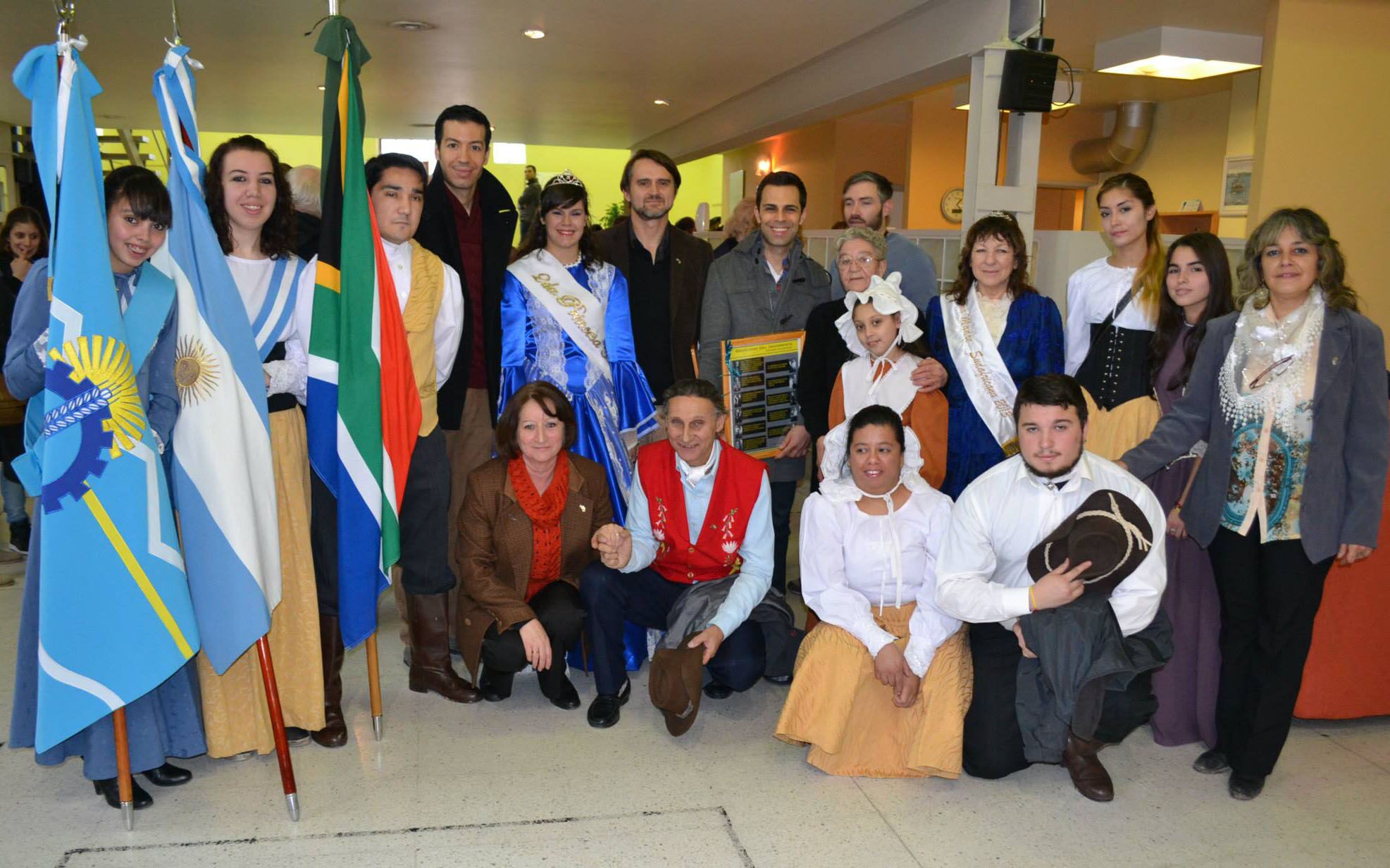



Cross-language interactions of phonetic and phonological processes: Intervocalic plosive lenition in Afrikaans-Spanish bilinguals
(Authors: Andries W. Coetzee, Nicholas Henriksen, & Lorenzo García-Amaya)
Read More

Patagonian Afrikaans: A remnant variety spoken in South America.
(Authors: Andries W. Coetzee, Nicholas Henriksen, & Lorenzo García-Amaya)
Read More
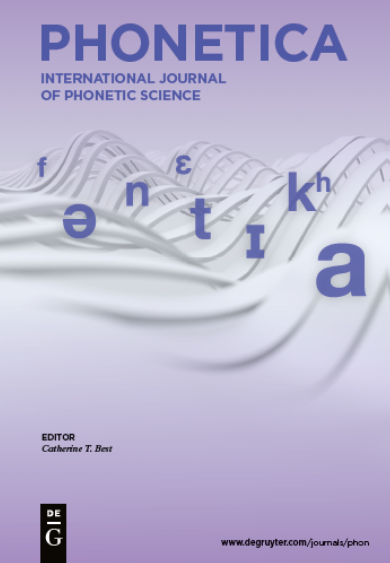
Exploring language dominance through code-switching: intervocalic voiced stop lenition in Afrikaans–Spanish bilinguals
(Authors: Nicholas Henriksen, Andries W. Coetzee, Lorenzo García-Amaya & Micha Fischer)
Read More
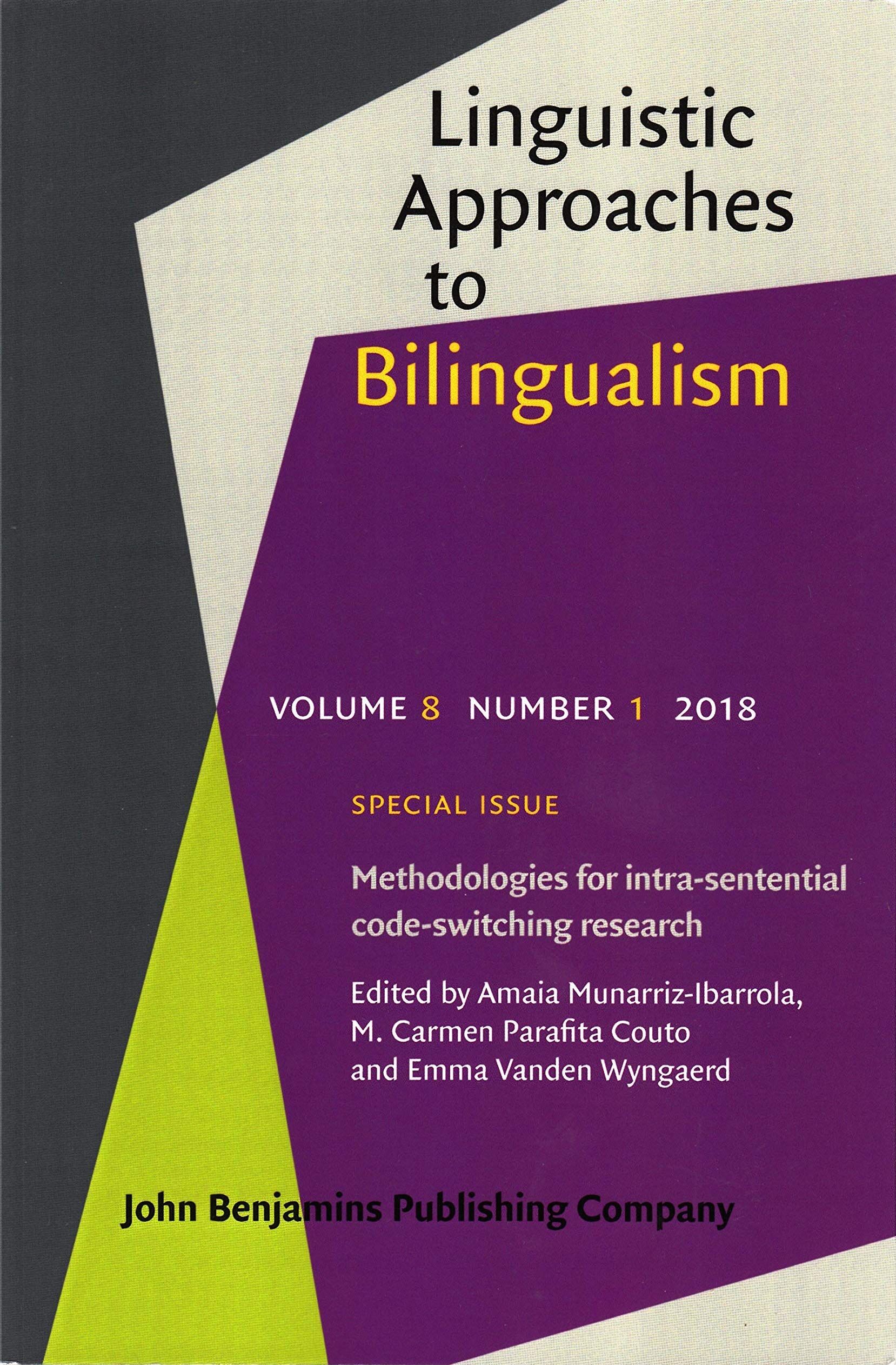
An investigation into utterance-fluency patterns of advanced L2 bilinguals: Afrikaans and Spanish in Patagonia
(Author: Lorenzo García-Amaya)
Read More
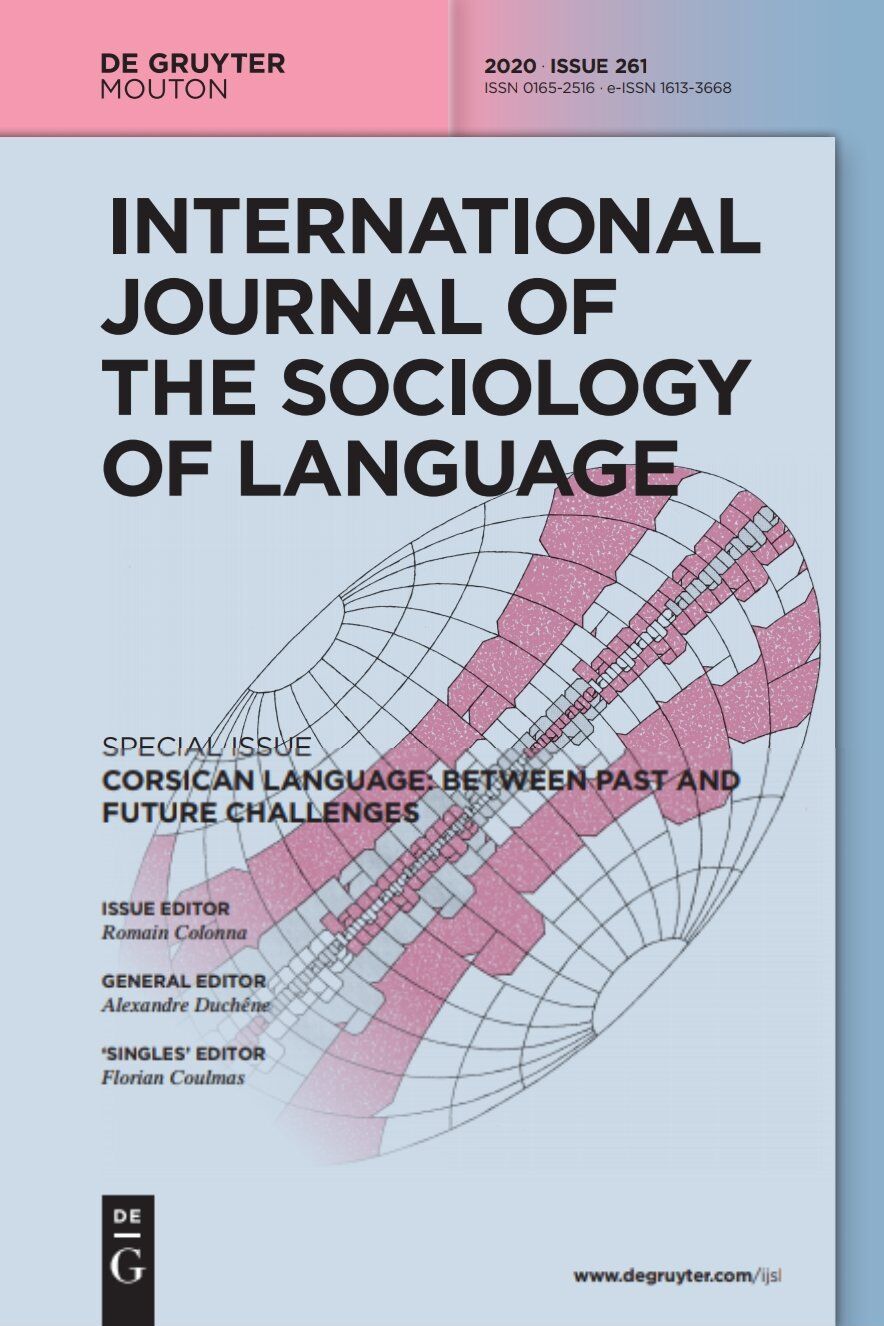
Afrikaans in Patagonia: Language shift and cultural integration in a rural immigrant community
(Authors: Ryan Szpiech, Joshua Shapero, & colleagues)
Read More
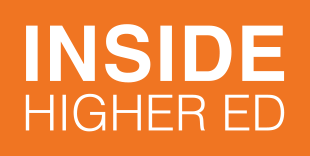
Collaboration transcending crisis: An innovative faculty-student collaborative model
(Authors: Nicholas Henriksen, Ian K. Cook, & colleagues)
Read More

Filled pauses are susceptible to cross-language phonetic influence: Evidence from Afrikaans-Spanish bilinguals
(Authors: Lorenzo García-Amaya & Sean Lang)
Read More

Language contact in Patagonia: Durational control in the acquisition of Spanish and Afrikaans phonology
(Authors: Nicholas Henriksen & colleagues)
Read More
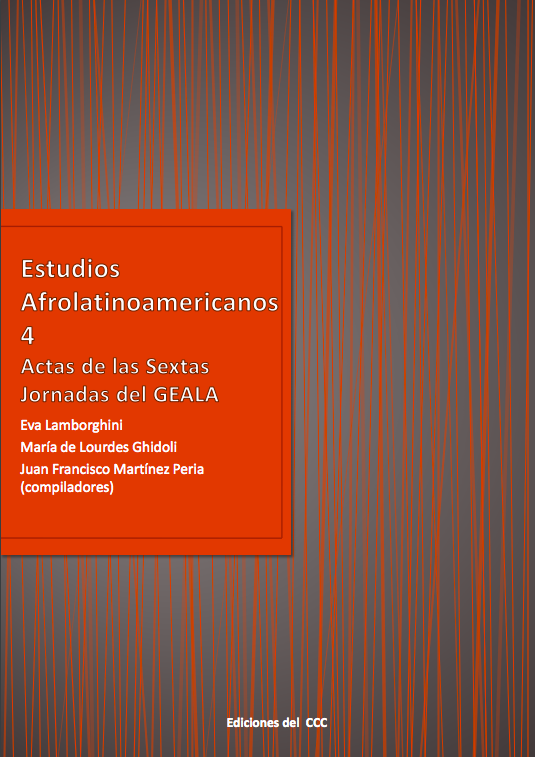
Los otros afro-argentinos: narrativas raciales de la colectividad sudafricana de la Patagonia del siglo XX
(Authors: Paulina Alberto & colleagues)
Read More
English version & supplementary materials
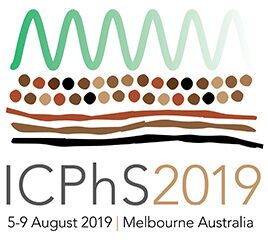
Velar Palatalization in Patagonian and South-African Afrikaans: Language and Settlement History in an Expatriate Community
(Authors: Andries W. Coetzee & colleagues)
Read More
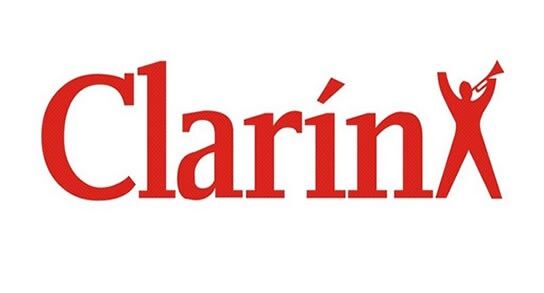
La asombrosa historia de los gauchos sudafricanos de la Patagonia
(Authors: Ana M. Silva & colleagues)
Read More
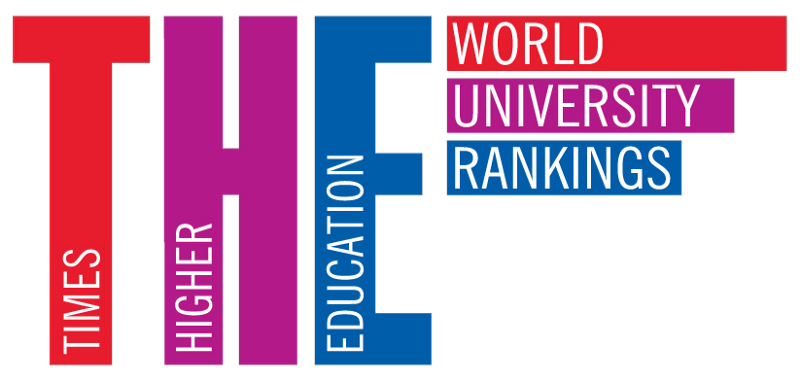
Women in STEM: how to combine science and humanities research
(Author: Ellie Johandes)
Read More

Language and identity: lessons from a unique Afrikaans community in Patagonia
(Authors: Ryan Szpiech & colleagues)
Read More
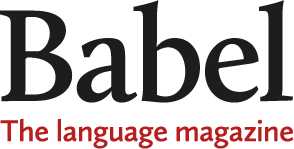
From Africa to Patagonia: Voices of displacement
(Authors: Nicholas Henriksen & colleagues)
Read More
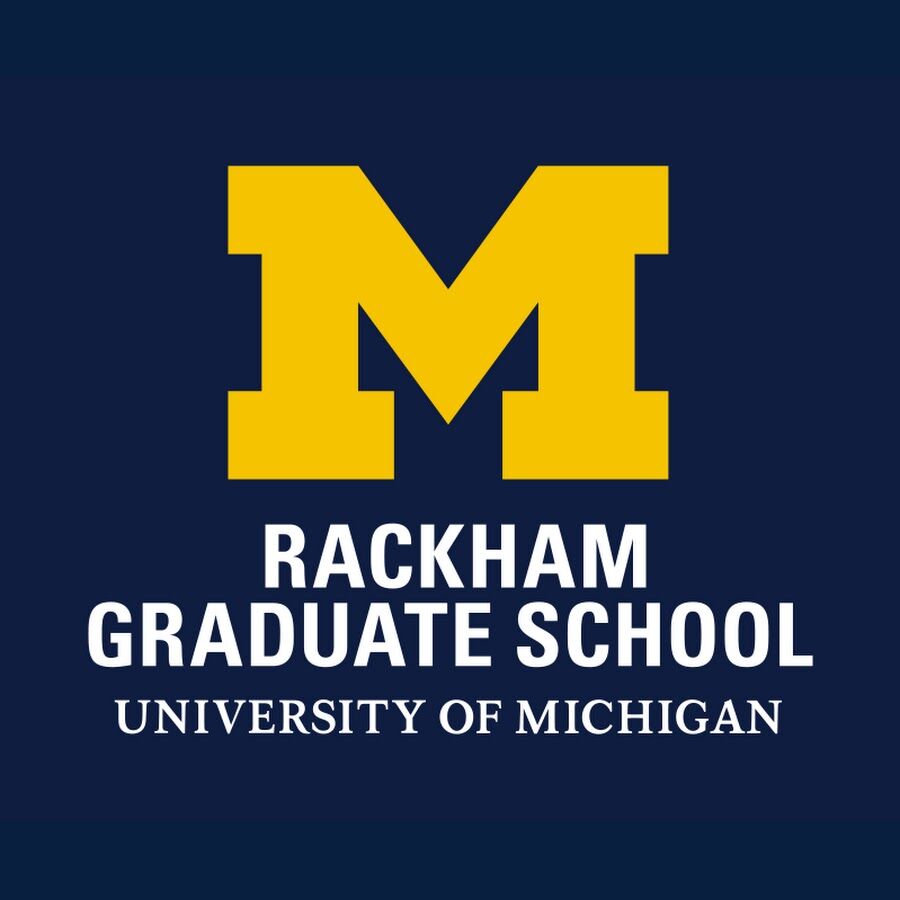
"While many research projects remained faculty-driven endeavors, the Collaboratory afforded graduate students the opportunity to take on important roles as equal collaborators, working on personally compelling aspects of the project as well as serving as mentors to its small army of undergraduate researchers."
Read More

Dis ons land die, maar Afrika is my regte land
(It's our country, but Africa is my real homeland)
Read More

El origen del afrikáans también perdura en Comodoro
(The Origin of Afrikaans Lives on in Comodoro)
Read More

Die Afrikaners van Argentinië (The Afrikaners of Argentina)
Read More
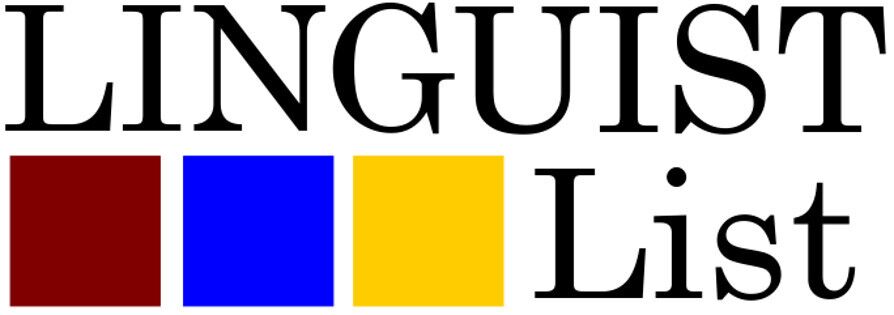
"Today we share with you the cutting-edge work of Sean Lang. He is a Senior at the University of Michigan where he is a double major in Spanish and Neuroscience. He is currently a member of the University of Michigan Speech Lab..."
Read More
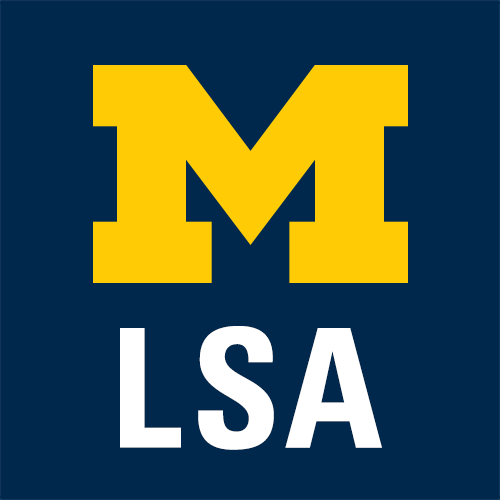
"For over a hundred years, Sarmiento has been home to a number of Afrikaner families whose grandparents and great-grandparents immigrated to Argentina from South Africa after the turn of the century. Sarmiento’s linguistic situation is unique."
Read More

"We are mostly intrigued by the fascinating linguistic, cultural and historical situation of the Patagonian Afrikaans community, and how it speaks to the relationship between Europe, Africa and America in ways that have not been well defined in previous research."
Read More

"Ek is 'n Afrikaner!" (I'm an Afrikaner!)
Read More

Europäisch? Afrikanisch? Oder Südamerikanisch? (European? Afrikaner? or South American?)
Read More
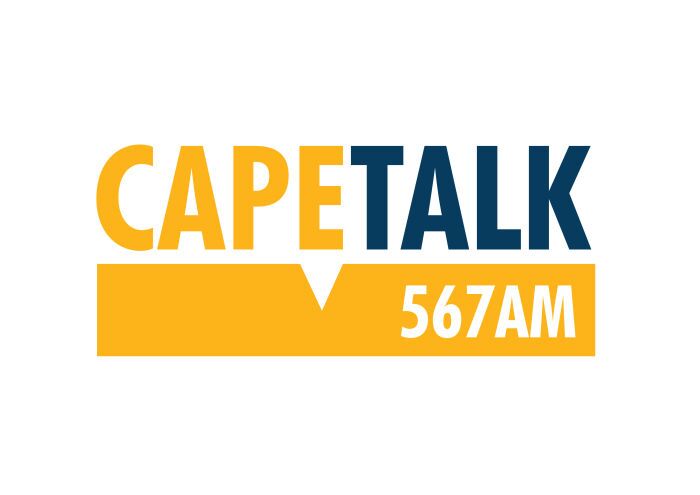
Afrikaans in Patagonia, with guest Nicholas Henriksen
Listen to the Interview

"More than a hundred years on, the language of their more senior members, in their 70s, 80s and 90s, is the subject of a study by linguists from the University of Michigan who say it may be the closest in existence to the original Afrikaans spoken a century ago."
Read More
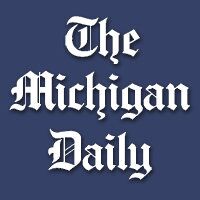
"We have since made it our goal that a broader public come to view this community as its members do: not as a faded relic of the past, but as a group that continues to thrive in spite of a transformed socio-cultural landscape"
Read More
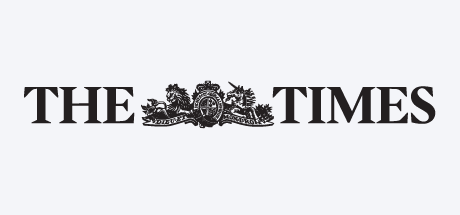
"For linguists such as Lorenzo García-Amaya and Nicholas Henriksen, the Afrikaans spoken in Patagonia is a “living jewel, frozen in time and a relic of an earlier age” and the opportunity to record it for posterity is fast running out."
Read More

"In recent years, the liberal arts have been overshadowed by programs in the Science, Technology, Engineering, and Math (STEM) fields amid the perception that the humanities don’t offer practical, “real life” skills. But one initiative at the University of Michigan called the Michigan Humanities Collaboratory is working to change that."
Read More
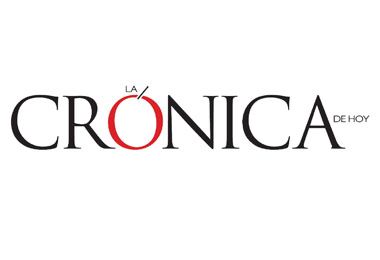
Linguist Lorenzo García-Amaya was quoted: "We have come to study the situation of bilingualism that exists between Afrikaans and Spanish here in Patagonia, and also to study how Afrikaans has evolved over the past hundred years..."
Read More

"Visitors are interested in Afrikaans history and language, which is still preserved as the mother tongue among the South African descendants of the city and neighboring towns. These teachers carry out an investigation of this language and the phonetics..."
Read More
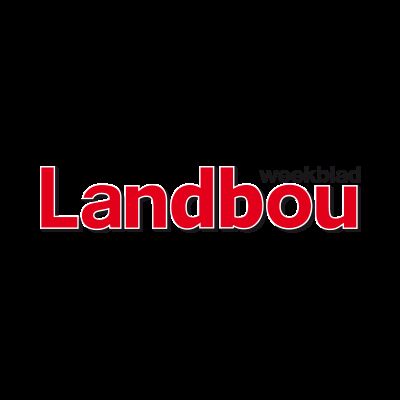
"Only about 40 of the descendants can still talk pretty or a little Afrikaans, but it's as if an invisible band exists at the birthplace of their late parents, and they referred to as 'Africa'..."
Read More

"I think the key difference is that Afrikaans in South Africa has been part of a constantly evolving culture over the decades and is integral to a modern, thriving community..."
Read More
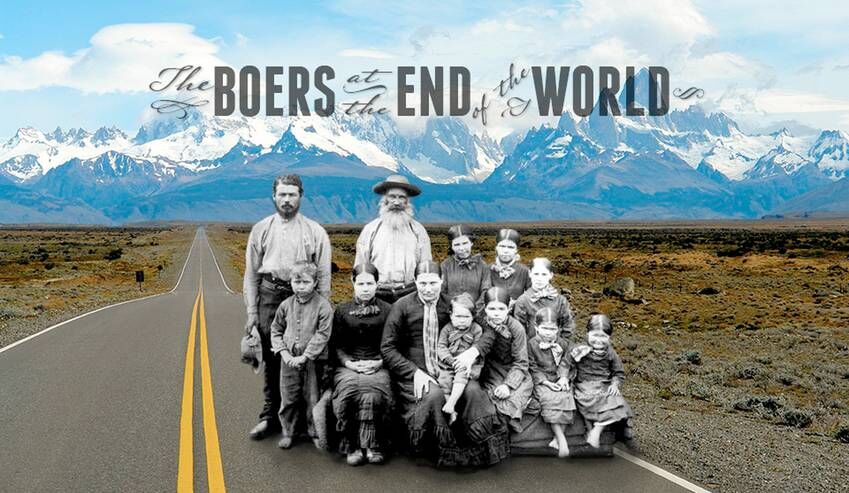
"In a remote stretch of Patagonia, Argentina, there is a family – the Dickasons – who speak a language from a country 7,000km to the east. They are part of a 114-year-old Afrikaans Boer community..."
Read More

"Overseen by the provost and the Institute for the Humanities, the Michigan Humanities Collaboratory serves as a resource for research in the humanities. It promotes team-based work, as well as communication of research and humanities scholars..."
Read More